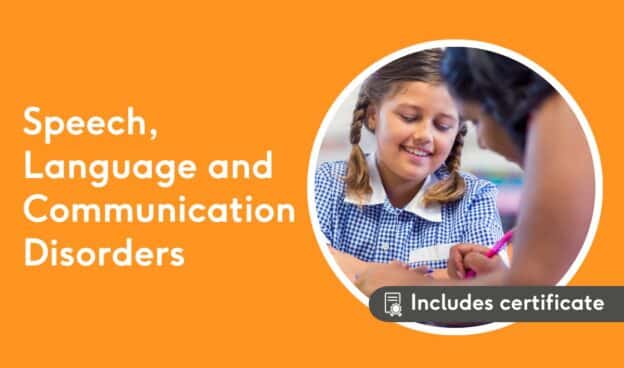Speech, language, and communication disorders encompass a range of difficulties that can significantly affect children and young people’s lives. These disorders may manifest in various forms, including difficulties with articulation, language comprehension and expression, fluency, and social communication. Understanding these challenges is crucial for educators as they play a pivotal role in supporting affected individuals in educational settings.
Speech disorders involve difficulties in producing sounds accurately or fluently, leading to unclear or difficult-to-understand speech. This can impact a child’s ability to communicate effectively with peers and teachers, potentially hindering academic progress and social interaction.
Language disorders refer to difficulties in understanding and/or using words in context, which can impede both receptive (comprehension) and expressive (verbal/written communication) language skills. Children with language disorders may struggle with following instructions, forming sentences, or grasping complex concepts, affecting their academic performance and social relationships.
Communication disorders encompass broader challenges in exchanging information effectively, including difficulties with nonverbal communication cues, such as body language and facial expressions. These difficulties can lead to misunderstandings, social isolation, and challenges in forming meaningful relationships.
These disorders can have profound impacts on children and young people’s academic achievement, emotional well-being, and social integration. Without proper support and intervention, affected individuals may experience frustration, low self-esteem, and diminished opportunities for success.
Educators play a crucial role in identifying and supporting children with speech, language, and communication disorders. Early detection, collaboration with speech-language pathologists and other specialists, and implementing tailored interventions are essential for mitigating the impacts of these disorders and promoting positive outcomes for children and young people. By fostering inclusive environments and employing strategies to accommodate diverse communication needs, educators can empower all students to thrive academically and socially.


